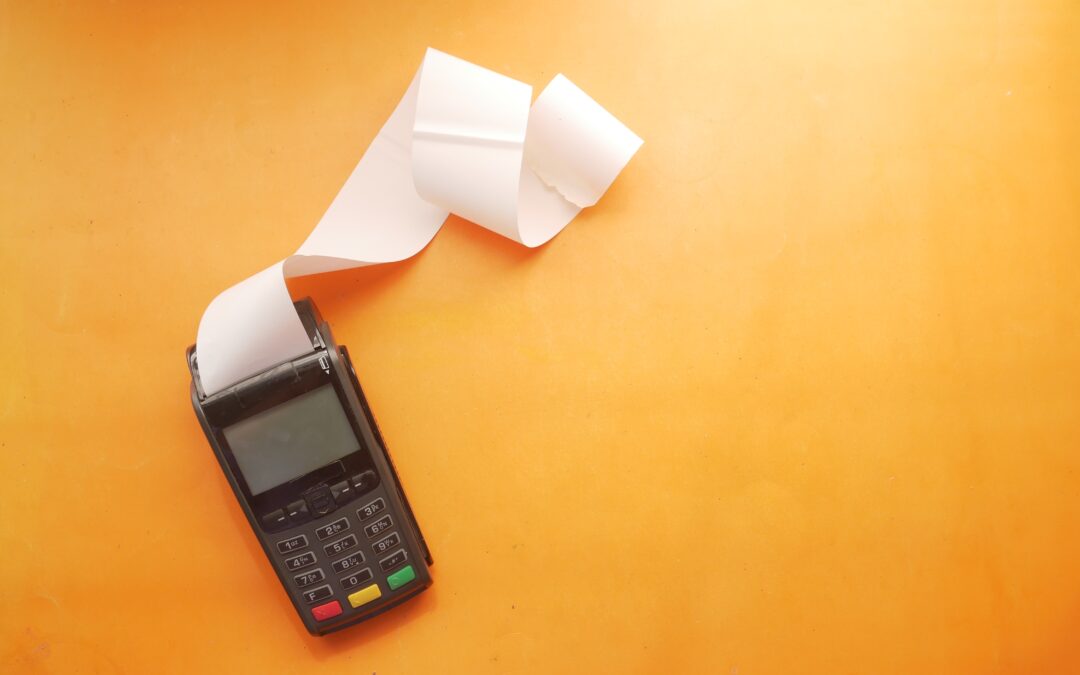One of the most common questions that business owners ask is how much cash they need to have on hand in order to stay afloat. The answer to this question can vary greatly, depending on the size and type of your business. In this blog post, we will discuss how much cash you should have on hand as a business owner, as well as some tips for keeping your finances healthy!
What Is Cash on Hand?
Think of cash on hand as your personal emergency fund — money you have set aside specifically for unplanned costs, like an unbudgeted office repair or a last-minute business trip. This reserve can also come in handy when surprising (but welcome) opportunities arise, such as a great deal on new office space.
Cash flow is important for any business, especially during tough times. Having a reserve fund can help you make sound decisions under stress and take advantage of opportunities as they arise. Your cash buffer doesn’t need to be literal cash stored away; it’s simply a term for the liquid assets your business has access to.
How Much Cash Do I Need on Hand for My Business?
Depending on the cash flow of your business, you need roughly three months of operational costs in cash reserves. If your business has a predictable cash flow, such as a dental or law office, the three-month rule should give you enough breathing room to cover staff or operation expenses due to unforeseen circumstances.
However, if your business has less consistent cash flow due to variances such as foot traffic or seasonality, consider keeping more cash in reserves.
How Much Cash Should I Personally Keep on Hand?
Cash in your checking account: You want to have enough cash to cover essential living expenses such as food and housing, as well as enough to withdraw for other discretionary purchases. Although you can keep liquid cash as physical currency, checking accounts offer cash that’s readily accessible in case of an emergency while keeping your money secure.
Cash in your savings account: A general rule of thumb is that you should keep enough money in a savings account to cover at least three to six months’ worth of living expenses. This reserve can help you cover unexpected expenses that may pop up, such as urgent repairs or medical bills.

How Is Restricted Cash Presented in a Balance Sheet?
Restricted cash refers to money that is held for a specific business purpose and not freely available for a company to spend or invest. This cash is typically shown as a negative number to not appear as an asset on the balance sheet.
Common examples of restricted cash include security deposits, collateral pledges, or future loan repayments.
How Much Cash Is Too Much Cash to Keep in Reserves?
As a general rule of thumb, anything in excess of two years’ worth of expenses is overkill. However, this amount can depend on many factors such as the industry, what stage the business is in, its goals, and access to funding.
Beyond covering two years’ worth of living expenses, your cash generally has more upside working for you in a long-term investment account or short-term treasury note.
Key Takeaways
The amount of cash your business should keep readily available will fluctuate depending on a few variables. Click here to discuss your specific situation and cultivate your cash flow with a CFO!


